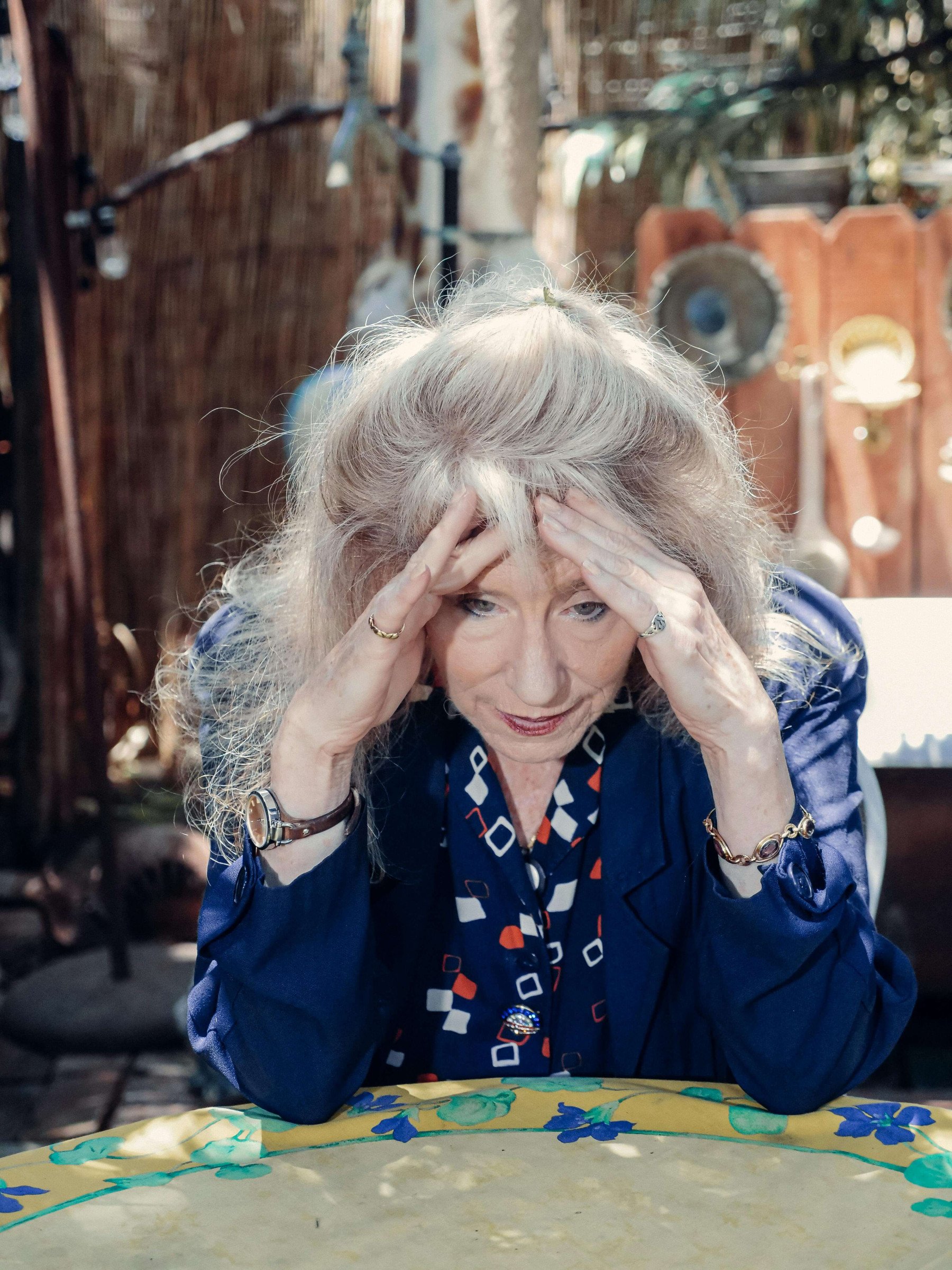Hypertension, commonly referred to as high blood pressure, is a significant health concern, particularly among aging adults. It's a condition where the force of the blood against the artery walls is too high, leading to potential cardiovascular health concerns. As individuals age, the risk of developing hypertension increases substantially.
The link between age and hypertension is well-established. Several physiological changes associated with aging contribute to this increased risk. Blood vessels tend to become stiffer and less elastic with age, making it harder for blood to flow smoothly. This increased stiffness, coupled with other age-related changes in the heart and kidneys, can lead to elevated blood pressure.
According to a JAMANetwork editorial, hypertension is the most common cardiovascular risk factor among older adults in the US, affecting approximately two-thirds of adults aged 60 and older. The risk of cardiovascular or stroke death is also directly related to elevated blood pressure. Even a reduction of 10mm of mercury has been shown to reduce this risk by as much as 25% to 40%.
Hypertension often presents with no noticeable symptoms, earning it the name "the silent killer." According to many medical professionals, regular screening after the age of 40 is recommended for early detection and intervention.
Causes and Risk Factors
While aging is a significant risk factor, several other factors can contribute to hypertension in older adults:
Genetics: A family history of hypertension increases an individual's risk.
Lifestyle Factors: Unhealthy dietary habits (high sodium, saturated fat intake), lack of physical activity, excessive alcohol consumption, and smoking significantly contribute to hypertension.
Underlying Medical Conditions: Conditions like diabetes, kidney disease, sleep apnea, and thyroid problems can increase the risk of hypertension.
Medications: Certain medications, including some over-the-counter drugs, can raise blood pressure.
Potential Consequences of Untreated Hypertension
Uncontrolled hypertension can have serious consequences, especially for older adults. It increases the risk of:
Stroke: Hypertension is a major risk factor for stroke, which can cause disability and even death.
Heart Attack: High blood pressure puts extra strain on the heart, increasing the risk of heart attack.
Heart Failure: Over time, untreated hypertension can lead to heart failure, where the heart is unable to pump blood effectively.
Kidney Disease: High blood pressure can damage the delicate blood vessels in the kidneys, leading to kidney disease.
Vision Problems: Hypertension can damage the blood vessels in the eyes, potentially leading to vision loss.
Dementia: Some studies suggest a link between hypertension and an increased risk of dementia.
Managing Hypertension
Effectively managing hypertension in older adults requires a comprehensive approach that addresses lifestyle factors, dietary habits, and, in some cases, medication. Caregivers play a crucial role in supporting older adults in these efforts.
Lifestyle Modifications:
Regular Physical Activity: Encourage at least 30 minutes of moderate-intensity exercise most days of the week. Consult with a medical professional or fitness expert to determine appropriate exercises for the individual's age and health condition. Even gentle activities like walking or chair yoga can be beneficial.
Stress Management: Chronic stress can contribute to hypertension. Caregivers can help older adults manage stress through relaxation techniques like deep breathing, meditation, or engaging in enjoyable hobbies.
Quit Smoking: Smoking is a major risk factor for hypertension and other cardiovascular diseases. Caregivers can support older adults in their efforts to quit smoking by providing encouragement and connecting them with smoking cessation resources. The Affordable Care Act mandates insurance companies to provide some level of coverage for smoking cessation, so this is worth checking.
2. Dietary Changes:
DASH Diet: The National Heart, Lung and Blood Institute (NHLBI) recommends the Dietary Approaches to Stop Hypertension (DASH) for individuals with hypertension. This is a flexible and easy-to-follow plan that emphasizes fruits, vegetables, whole grains, lean protein, and limits sodium, saturated fat, and added sugars.
Sodium Reduction: Limiting sodium intake is crucial for managing hypertension. Caregivers should be mindful of hidden sources of sodium in processed foods and encourage the use of herbs and spices instead of salt for flavoring. According to the DASH diet, sodium intake should be limited to 2,300mg daily, although an intake of 1,500mg will reduce blood pressure even further.
Potassium-Rich Foods: Increasing potassium intake can help lower blood pressure. Foods like bananas, spinach, and sweet potatoes are good sources of potassium.
3. Alcohol Consumption:
If alcohol is consumed, it should be done in moderation. Generally, this means no more than one drink per day for women and no more than two drinks per day for men. However, it's essential to consult with a doctor to determine if alcohol consumption is safe for individuals with hypertension, as it can interact with certain medications.
4. Medication Management:
Adherence: If prescribed medication for hypertension, it's essential for older adults to take it consistently as directed by their doctor. Caregivers can help by creating medication schedules and ensuring that prescriptions are filled on time.
Regular Monitoring: Regular blood pressure monitoring is essential for managing hypertension. Caregivers can help older adults monitor their blood pressure at home and keep track of their readings. They should also accompany them to doctor's appointments for regular checkups.
5. Other Important Considerations:
Weight Management: Maintaining a healthy weight is essential for managing hypertension. Even modest weight loss can have a significant impact on blood pressure.
Sleep: Adequate sleep is crucial for overall health and can also help manage hypertension. Caregivers should ensure that older adults have a comfortable and conducive sleep environment.
Conclusion:
While hypertension can be a significant challenge for older adults, it's a completely manageable condition. Although its prevalence increases with age, it's not an inevitable part of aging. Through a combination of lifestyle modifications, dietary changes, and medication management, older adults can effectively control their blood pressure and reduce their risk of serious health complications.
As a caregiver, you play a vital role in supporting an older patient in this journey, providing support and encouragement, and ensuring that treatment plans are followed correctly. Managing hypertension may present some challenges, at least initially, but the improved quality of life, reduced risk of complications, and greater longevity – are well worth the effort.
In closing, let’s consider William Shakespeare’s quotation in Othello. “Our bodies are our gardens – to the which our wills are gardeners.” At LL Medico, we subscribe to helping people keep a healthy garden, so to speak. With 30 years of experience in the field of senior care products, we have accumulated valuable knowledge and a diverse range of quality products. Whether it’s nutritional supplements, mobility devices or adult diapers, LL Medico is a one-stop shop for all your care needs. Call us today at (855) 422-4556 or email support@llmedico.com. We’re here for you.






 855-422-4556
855-422-4556 Chat
Chat E-Mail
E-Mail Monday - Friday 9:00AM to 5:00PM EST
Monday - Friday 9:00AM to 5:00PM EST






 Shopping With LL Medico
Shopping With LL Medico



 855-422-4556
855-422-4556